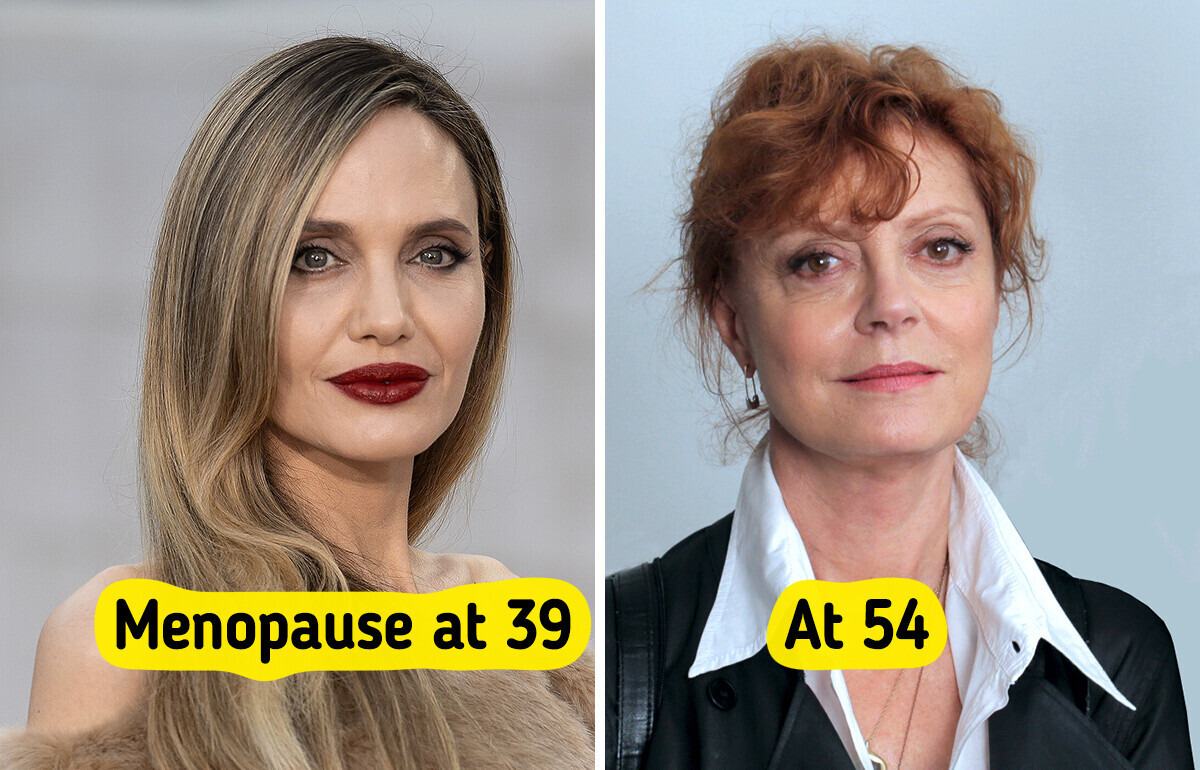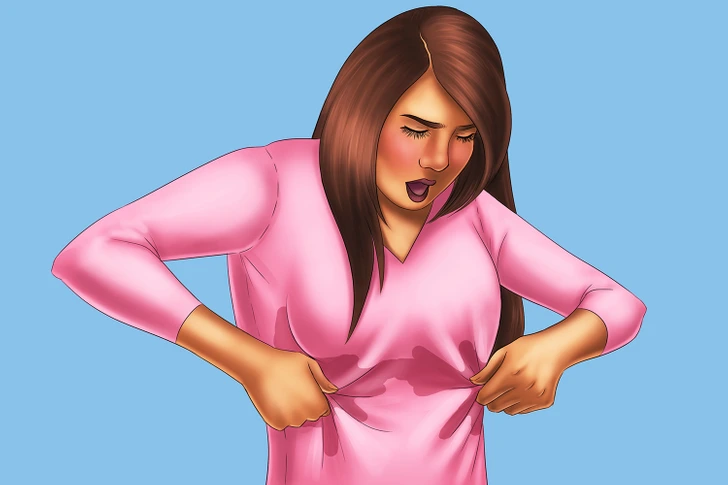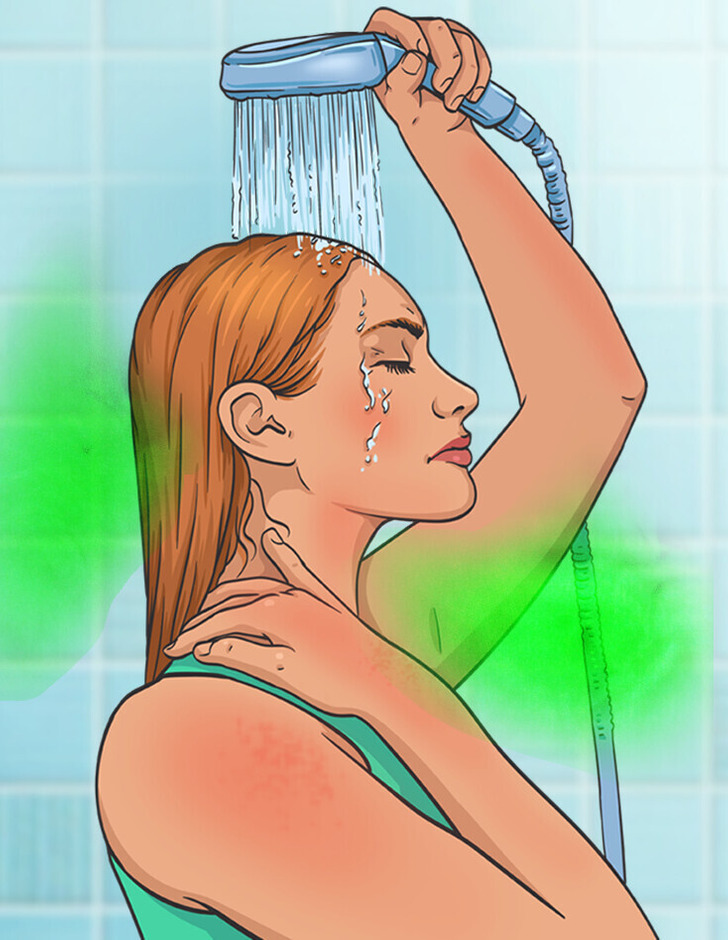I Refused to Let a Family Tragedy Ruin My Wedding Day


Menopause is a natural part of aging, usually occurring between ages 45 and 55, but the early signs—known as perimenopause—can start earlier. Knowing what to expect can make a big difference in how you manage your health and comfort during this transition.
Here are 12 early signs of menopause to keep on your radar, with reliable sources linked below each point.
CONTENT IS PROVIDED FOR INFORMATIONAL PURPOSES ONLY AND IS NOT INTENDED AS A SUBSTITUTE OF MEDICAL ADVICE.
SEEK GUIDANCE OF YOUR DOCTOR REGARDING YOUR HEALTH AND MEDICAL CONDITIONS.
During the menopausal transition, your body may go through a mix of subtle and noticeable changes. One of the most common is irregular periods. As ovulation becomes less consistent, the timing between periods can vary — sometimes getting shorter, sometimes longer. Your menstrual flow might also change, ranging from light to heavy, and it’s not unusual to skip periods altogether.
The typical age range for menopause is between 42 and 58 years. For some women, age 35 marks the midpoint of their reproductive years — for others, it’s already the end. For example, Angelina Jolie once shared in an interview that she experienced menopause at 39 (a side effect after her surgery to remove her ovaries), which is considered early. In contrast, actress Susan Sarandon reached menopause at 54.

Like many other menopause symptoms, burning mouth can be linked to a drop in estrogen levels. This hormonal change can also cause other oral changes, such as dryness or shifts in your sense of taste and smell. However, burning mouth isn’t always hormone-related — it can also stem from other health conditions or lifestyle factors that impact oral health, such as mouth infections.

During perimenopause and menopause, hormonal changes can affect the way your nerves function, leading to unusual skin sensations. Some women experience numbness, tingling, prickling, itching, or even a crawling feeling on the skin — a sensation known as formication. These symptoms are often linked to the drop in estrogen levels that occurs during this time.
Many women report experiencing electric shock sensations during menopause — sometimes on their own, or as a warning sign just before a hot flush. Since the body relies on electrical impulses to send signals through the nervous system, the hormonal shifts that happen during menopause can disrupt these signals, leading to strange or unexpected sensations.

Sudden waves of heat, especially in the face or chest, often followed by sweating or chills.
During menopause, levels of the androgen hormone decline, which can impact the meibomian and lacrimal glands in the eyelids. These glands are responsible for producing the oils and fluids that keep your eyes lubricated. When their function is disrupted, the eyelids may become inflamed, leading to reduced tear production and poorer tear quality — ultimately resulting in dry eyes.
As estrogen levels drop during menopause, many women experience mood-related changes such as irritability, fatigue, anxiety, and sleep disturbances — all of which can influence overall emotional well-being. Hormonal shifts can also impact brain chemicals like serotonin and norepinephrine, which play key roles in regulating mood and are linked to depression.

Menopause triggers hormonal changes—especially a drop in estrogen—that can alter body odor. This is often due to increased perspiration and changes in sweat composition, which can attract odor-producing bacteria more readily.
You might have difficulty falling asleep, wake up often, or feel tired even after sleeping. Hormonal fluctuations and night sweats are often the cause.
Reduced estrogen levels can lead to vaginal dryness, itching, or discomfort.
Menopause officially begins one year after your last period and often brings noticeable changes to your skin and hair. As hormone levels decline, skin may become drier, thinner, and less firm.
You might also see an increase in facial hair and a decrease in hair on your scalp. The good news? With the right care and attention, many of these changes can be managed and minimized.

The type of memory loss associated with menopause is often referred to as brain fog. You might find it harder to focus at work, follow the plot of a movie, or recall people’s names. Even everyday tasks — like remembering where you left your keys — can become more frustrating than usual.
Menopause is a natural phase of life, and while it brings changes, it also opens the door to a new chapter of self-awareness and empowerment. With the right knowledge, support, and care, you can navigate this transition with confidence and grace.
9 Myths About Women’s Health That Have Nothing to Do With Reality











